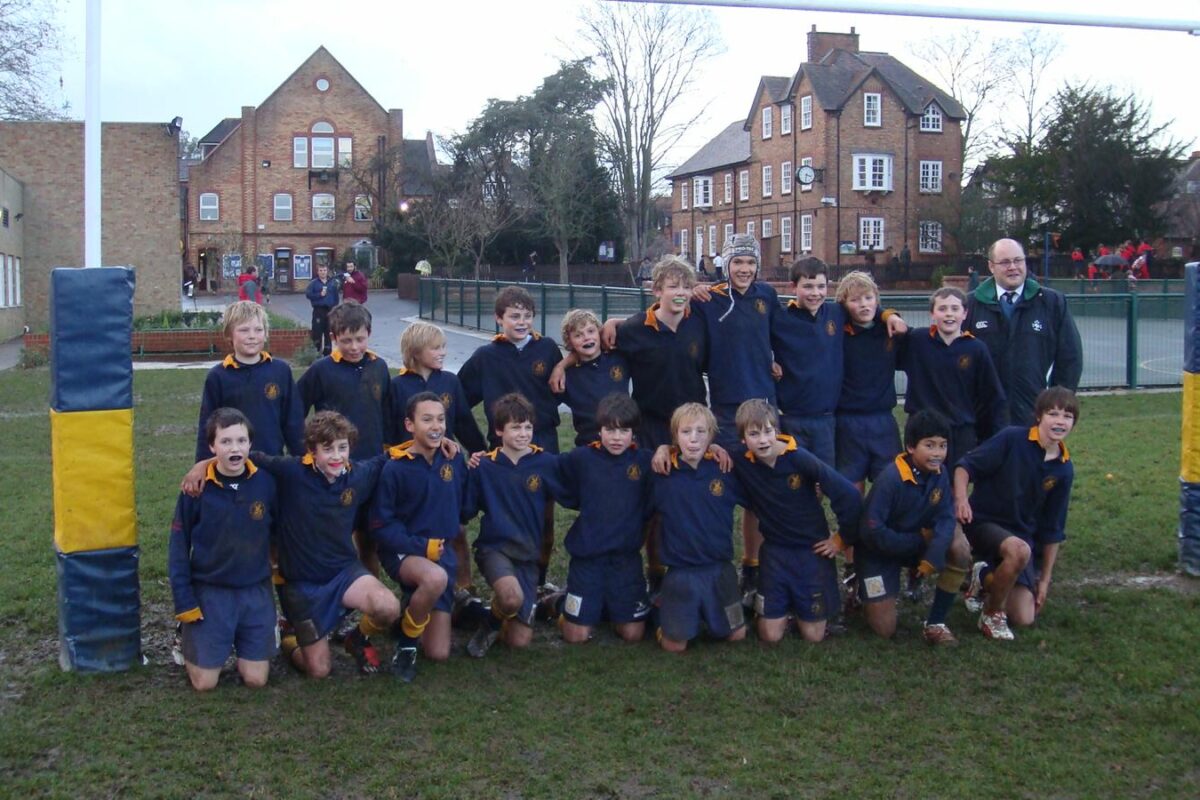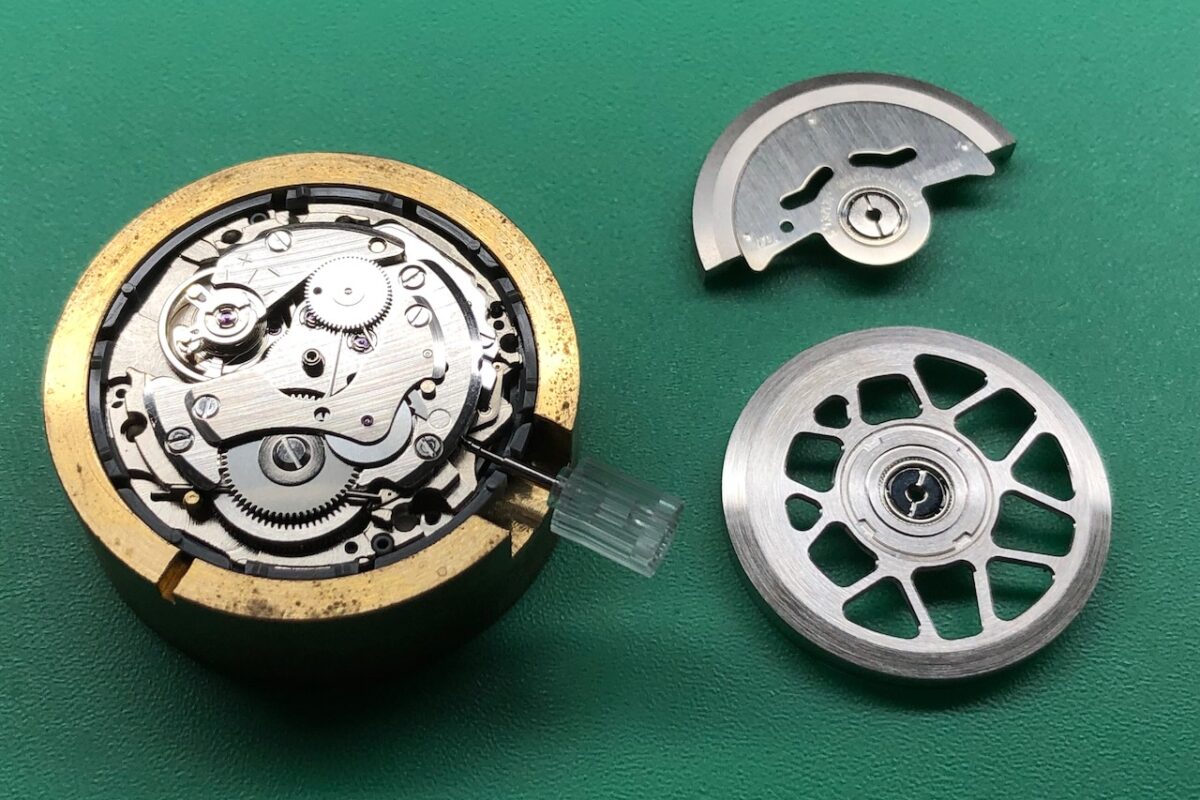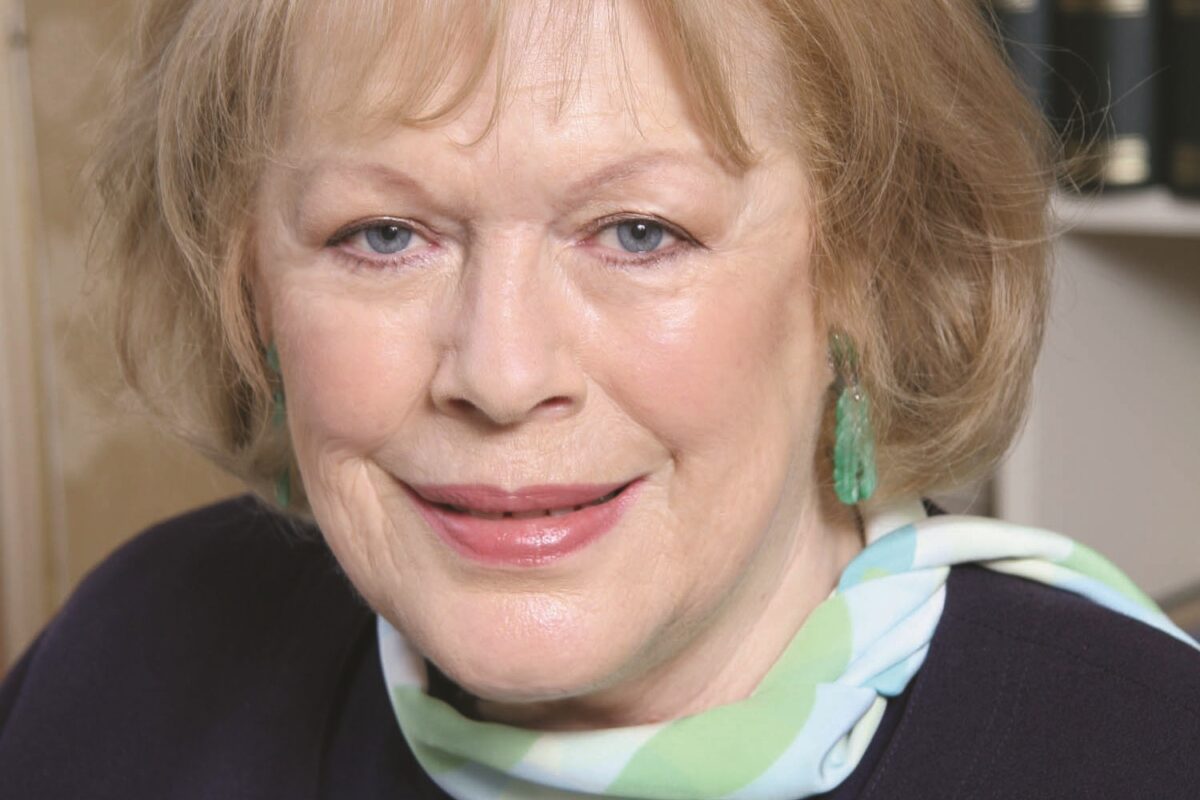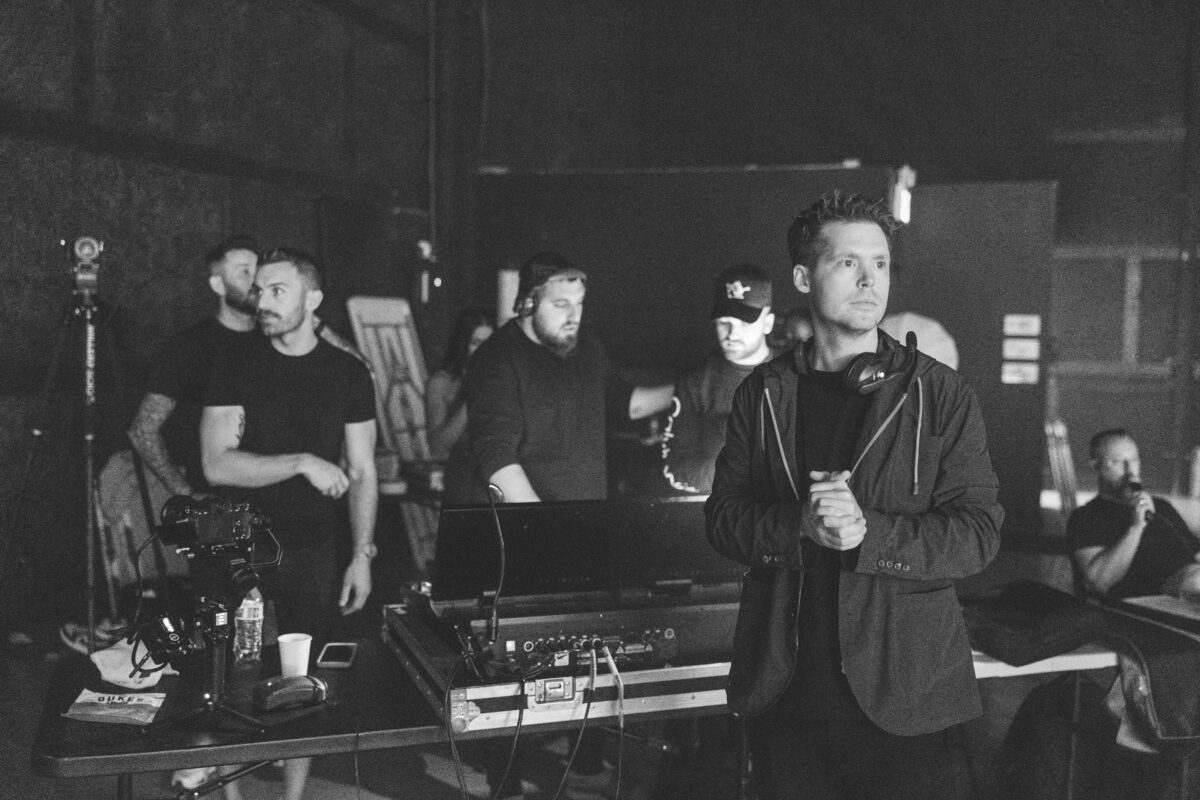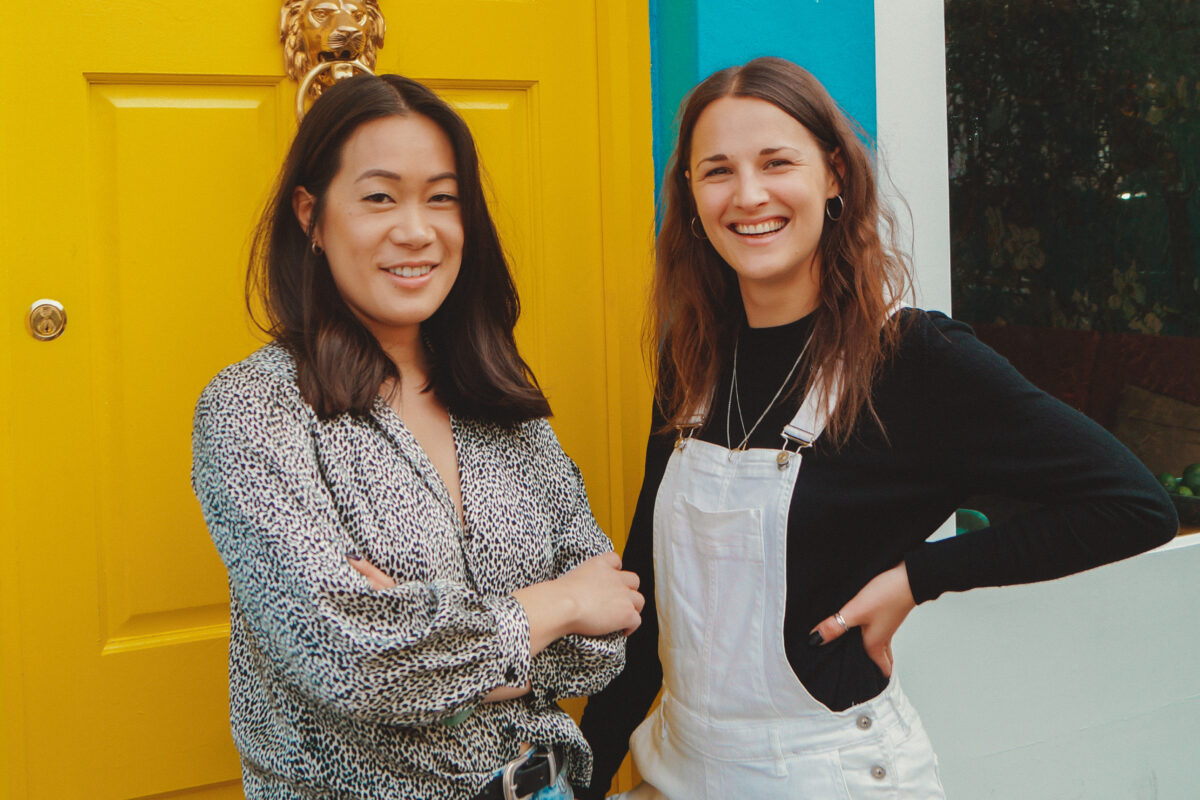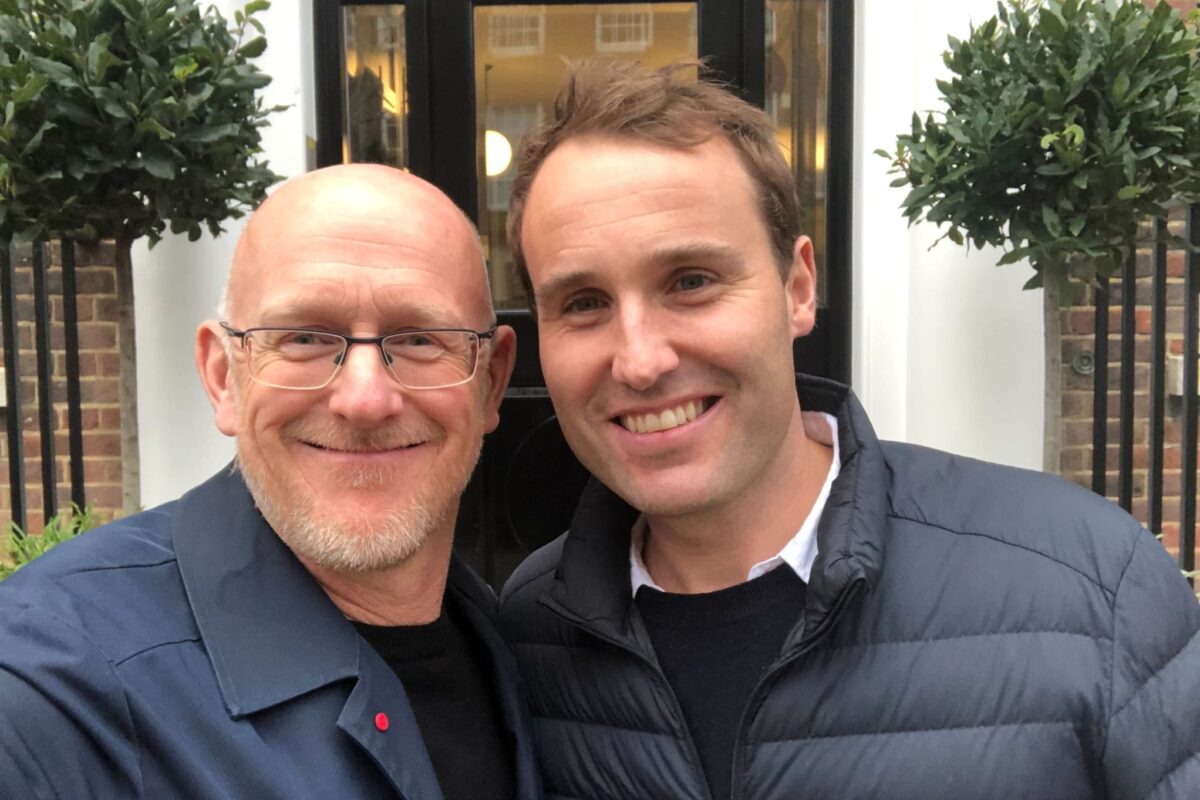This year, Dan O’Neill (OD 2005) was recognised by Attitude as an LGBTQ Trailblazer, working in Science, Technology, Engineering, and Maths. Dan is a wildlife television presenter and explorer. He advocates for increased LGBTQI representation in STEM careers and in wildlife television. His work with BBC Earth includes filming snow leopards in Central Asia, jaguars in the Amazon rainforest and learning about the world’s most endangered eagles in the Philippines.
Dan spoke to the Dragon about his career to date and the lack of representation for the LGBTQI+ community in the wildlife television industry.
_________
When I was at the Dragon during the ’90s and early ’00s – some of the best years of my life – I remember going home after School and sitting for hours watching nature documentaries. My favourites were those of the most remote, far-flung places, with animals I had never seen before. Back then, I would tell my parents that one day I’d make those films too. But fast forward to my early teens and that confidence and sense of wonder would be paired with doubt. Doubt most likely brought on from an absence of clear role models for the person I’d begun to realise I was. There wasn’t a single visible person like me on TV presenting wildlife documentaries or doing the adventurous things that I dreamed of doing. For many people in the LGBTQI+ community growing up, we felt largely represented by tokenisation and stereotypes – never as brave or adventurous – and for me that created a secretive sense of shame for a very important, and permanent, part of my identity.
Role models help us to own who we are and help us to believe our differences are something to celebrate. They give us something to shoot towards, a paved road to follow, and allow us to morph that sense of shame that I’d felt into pride. Visible, successful role models show their younger contemporaries and society as a whole the value and necessity of being both transparent and loud about what makes us unique.
I thought when first starting out in the wildlife filmmaking industry that my sexuality was best kept quiet if I was to succeed, I really thought it would hinder my chances of being hired in what historically seemed a very “macho” arena. Today, I feel very proud to be able to comfortably talk openly about my sexuality and am hugely excited that the industry I love is taking strides to champion the representation of people such as myself – and those from other marginalised communities – on-screen and behind the camera.
The Natural History Unit gave me my first big opportunity, searching for snow leopards alongside the local scientists and rangers from the Snow Leopard Trust on an expedition in Kyrgyzstan. The series, which now sits on BBC Earth’s digital platforms, follows our journey through the country learning the conservation story of the incredibly elusive cats. It was an incredible journey, which culminated in filming two wild snow leopards some 4000 metres up in -20°C, and was the catalyst that gave me the confidence to speak openly about my experience as an LGBTQI person entering this space on a public forum.
I’m always excited now to speak on issues of diversity, seeing first-hand the effect representation has had on my own self-worth and those who reach out to me with the confidence to know there is a table we can sit at together. Championing all forms of diversity really does push us to find new perspectives, which results in faster and better problem-solving, which benefits everyone.
This year, we have some really exciting projects coming with BBC Earth, as well as with other broadcasters. The wildlife television industry as a whole has never felt more inclusive, more accessible, or more exciting for people from all walks of life and I’m hugely excited for where it looks to be headed.


